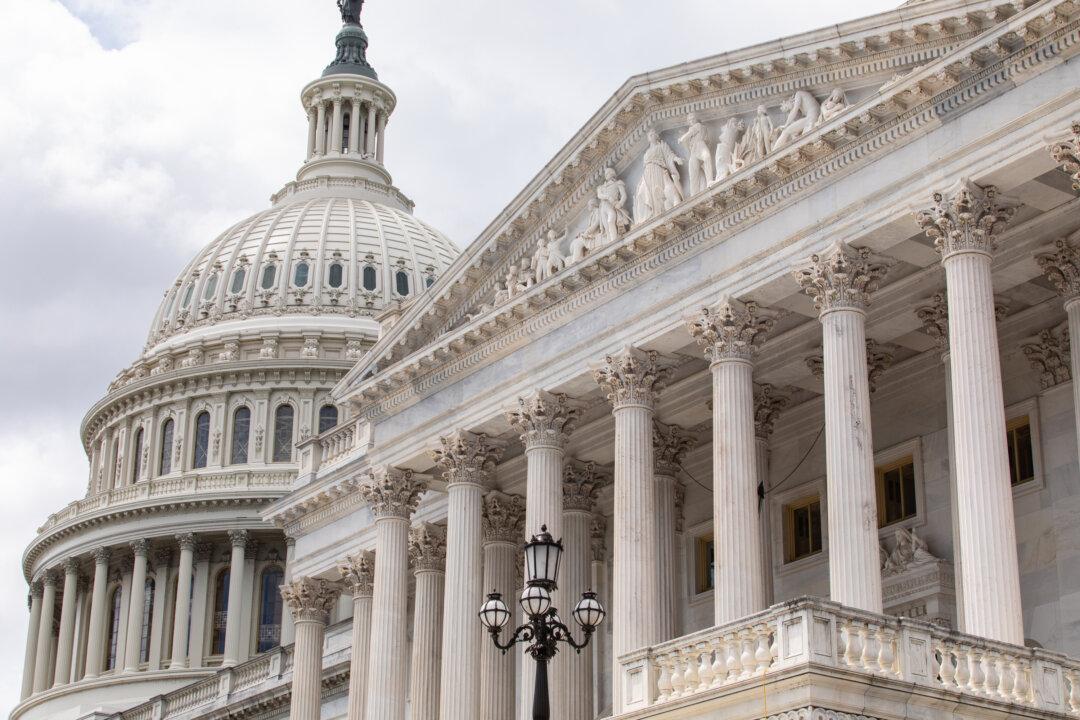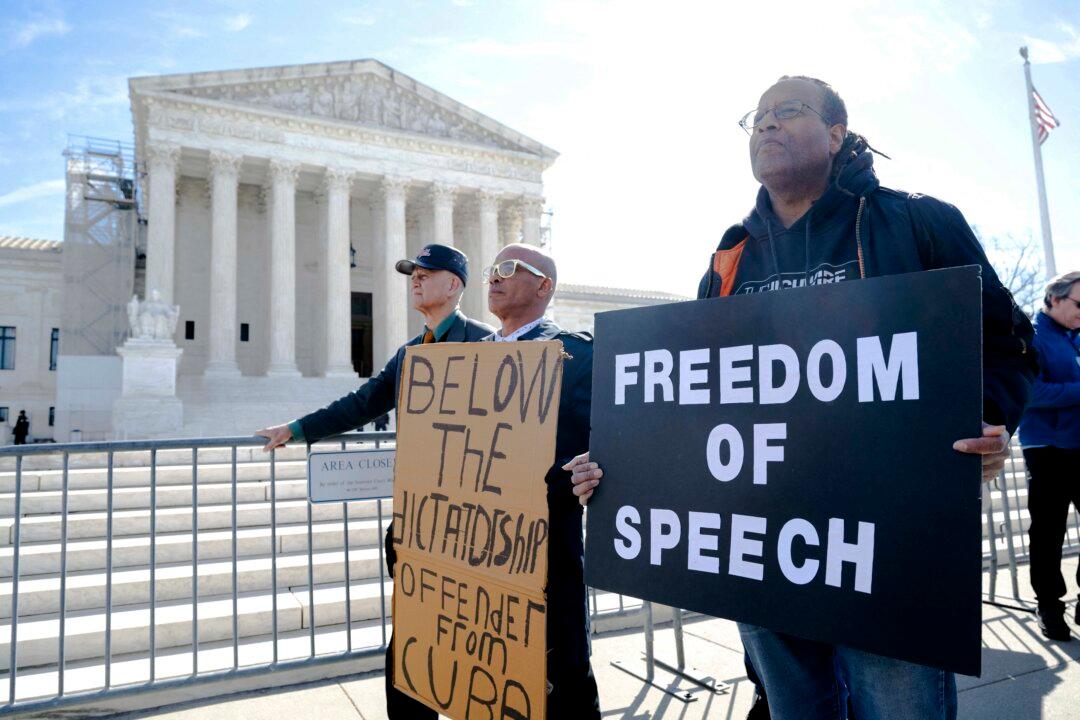Arizona’s Senate candidates are looking to sway voters to their side and appeal to moderates in a state that’s been more purple than red in the past two elections.
As part of this endeavor, Arizona’s current Senator, Mark Kelly, squared off against Republican challenger and political newcomer Blake Masters in a contentious debate that saw the candidates answering questions on inflation, the border, abortion, election integrity, and President Joe Biden.





